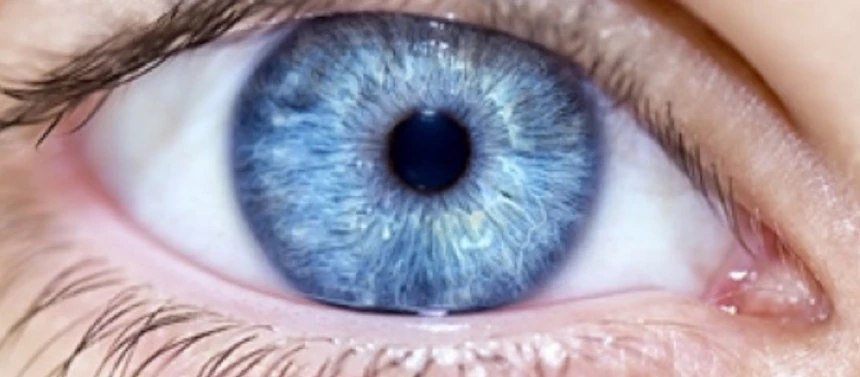Optic Nerve Damage Has Many Causes
Alternating Current Stimulation Can Significantly Improve the Vision of People With Optic Nerve Damage.
The eye is the most important sense organ. If we lose some or all of our visual ability, our daily lives can be seriously influenced.
The processing of visual information is very complex. Not only our eyes are involved, but also our brain and our nervous system. The most critical link between the eye and the brain is the optic nerve: The optic nerve transmits visual information from the eye to the brain. After this, the brain will analyze and interpret those visual signals which are transmitted by the optic nerve.
Thus, when the optic nerve is damaged (for example, due to glaucoma or diabetic neuropathy), this visual process can be seriously damaged. As a result, one´s visual performance will be strongly influenced.
Optic Nerve Damage Can Lead to Blindness
The optic nerve can be damaged due to many diseases, and the damage is often caused by high intraocular pressure. Eye diseases such as glaucoma, diabetic retinopathy, optic nerve inflammation, optic nerve tumors, or vascular occlusion of the optic nerve (AION) can damage the tissue to such an extent, that it leads to immediate vision and visual field loss. If the optic nerve is damaged in the entire cross-section, the affected eye becomes completely blind. However, most patients have only partial damage, so for them, there is still residual vision left.
Glaucoma is particularly common as the cause of optic nerve disorders due to its association with increased intraocular pressure. Similarly, the situation is also with diabetic retinopathy, which is caused by diabetes. Both glaucoma and diabetic neuropathy are often only noticed in the late period after the visual damage has already happened. As a result, the optic nerve damage can lead to visual field loss and, if left untreated, can lead to long-term blindness.
Vision Loss due to Optic Nerve Damage can be restored
For a long time, the loss of vision was considered irreversible. Today, for people who are suffering from vision loss due to optic nerve damage, groundbreaking treatment options are opening up: Nowadays, modern ophthalmology is able to improve their visual ability.
Treatment with alternating current, for example, can significantly improve the vision of people with functional disorders of the retina, the optic nerve, or the brain. Visual performance can be improved in different aspects: less foggy vision, read the text better, or greater visual acuity. Savir Center in Magdeburg, Germany is the first and currently the only facility in the world for vision restoration (visual restitution). Under the direction of Prof. Dr. Bernhard A. Sabel, Savir pursues an individual, holistic approach and applies broad diagnostic and therapeutic procedures.
Image: © vicu9 – Fotolia.com

